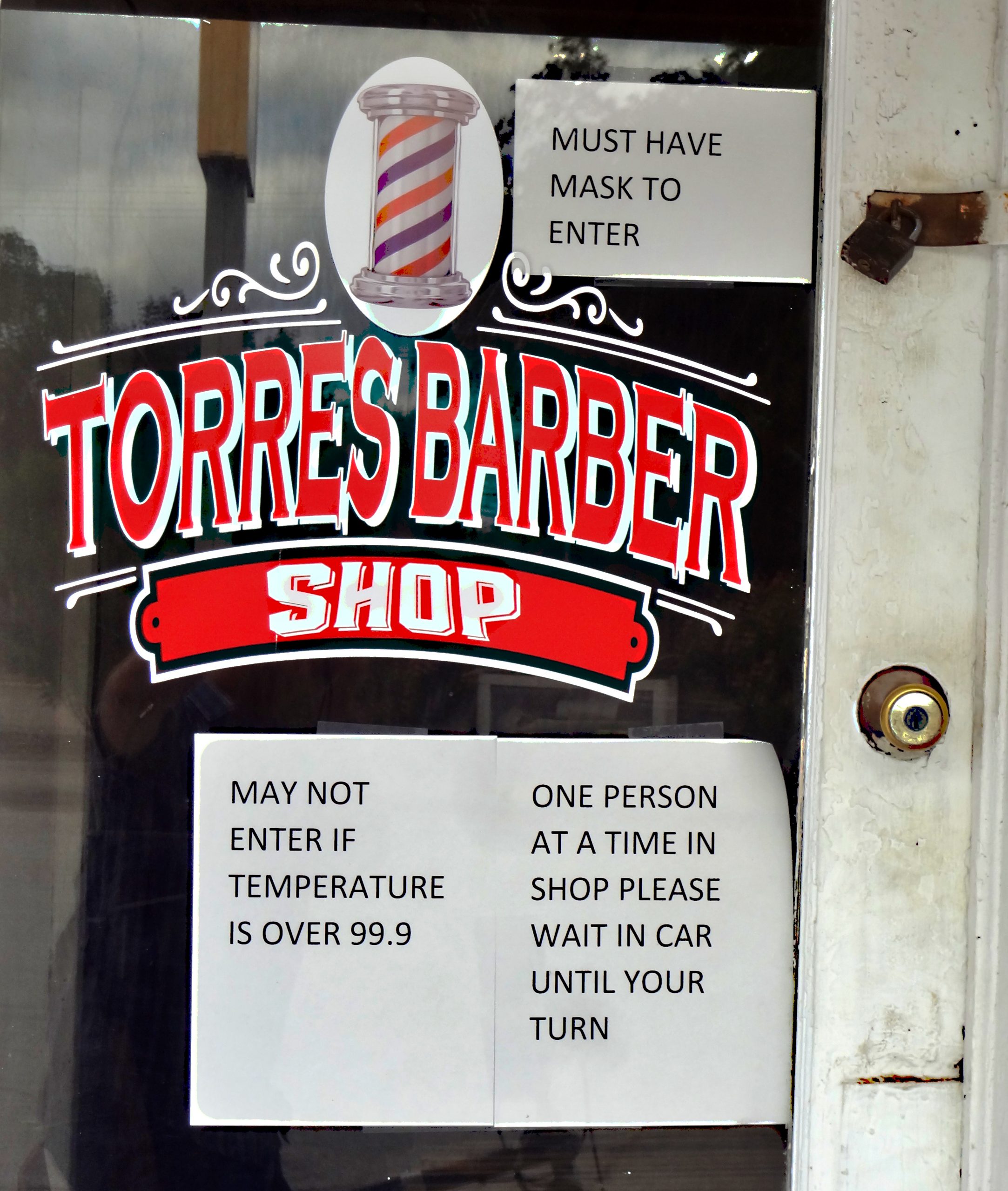COVID-19 affects the way people across the world work. Kennedy Hunt P.C. is here to answer your questions about your employment rights during the coronavirus pandemic.
Am I required to self-report COVID-19 exposure, symptoms, or diagnosis?
This depends on ever-changing CDC and state and local guidance. It is likely that an employer can require you to report your COVID-19 status, but cannot share your health information with others.
Can my employer require me to not come into the workplace due to COVID-19?
If you are experiencing COVID-19 symptoms or have a diagnosis, an employer can require you not to come into the workplace and request that you follow CDC guidance on quarantining.
If I have to stay home because of COVID-19, will my employer still pay me?
The Families First Coronavirus Response Act, which required certain employers to provide employees with paid sick leave or expanded family and medical leave for specified reasons related to COVID-19, expired on December 31, 2020. With that, employers are no longer required to provide employees with FFCRA leave, though they may do so voluntarily.
I don’t have COVID-19, but I am caring for someone who does and cannot go to work. What sick leave benefits am I entitled to?
Under the Families First Coronavirus Response Act, certain employers were required to provide expanded family and medical leave for specified reasons related to COVID-19. But the FFCRA expired at the end of 2020. Currently, employees are not entitled to any specified sick leave benefits related to COVID-19.
Is my employer required to tell me if I have been exposed to COVID-19 at the workplace?
Your employer should inform you if you have been exposed to COVID-19, but should not reveal others’ personal health information.
If I feel like I’m in an unsafe position at work, what can I do?
Under OSHA guidance, you should bring the unsafe condition(s) to the attention of your employer. Additionally, OSHA provides information on workplace standards related to COVID-19 and has an online portal to file safety and health complaints.
What can I do if I speak out about my working conditions and my employer cuts my hours or terminates my employment?
There are various laws and authorities that protect whistleblowers from retaliation, including OSHA and the National Labor Relations Act. If you believe you have unfairly experienced workplace retaliation Fill out our employment questionnaire
If the business I work at is ordered closed, can my employer lay me off, put me on furlough, or terminate my employment?
Unfortunately, yes.
Am I eligible for COVID-19 unemployment benefits? How do I get them?
- The Missouri Department of Labor outlines who is eligible for COVID-19 unemployment benefits and how to file for them.
- In Illinois, the Department of Employment Security accepts unemployment claims here. The state also has a Pandemic Unemployment Assistance program for those denied of the state’s unemployment benefits.
How much are unemployment benefits?
Unemployment benefits vary state-by-state.
- In early January 2021, both the Missouri Department of Labor and the Illinois Department of Employment Security began processing $300 Federal Pandemic Unemployment Compensation supplements.
- In Missouri, weekly unemployment benefits can be up to $320.
- In Illinois, weekly unemployment benefits can be up to $484.
How long can I receive unemployment benefits?
- In Missouri, unemployed workers can receive unemployment benefits for up to 33 weeks. For additional information about unemployment, visit Missouri Department of Labor’s FAQs.
- In Illinois, unemployed workers can receive unemployment benefits for up to 39 weeks. More information about COVID-19 related unemployment issues can be found at Illinois Department of Employment Security FAQs.

